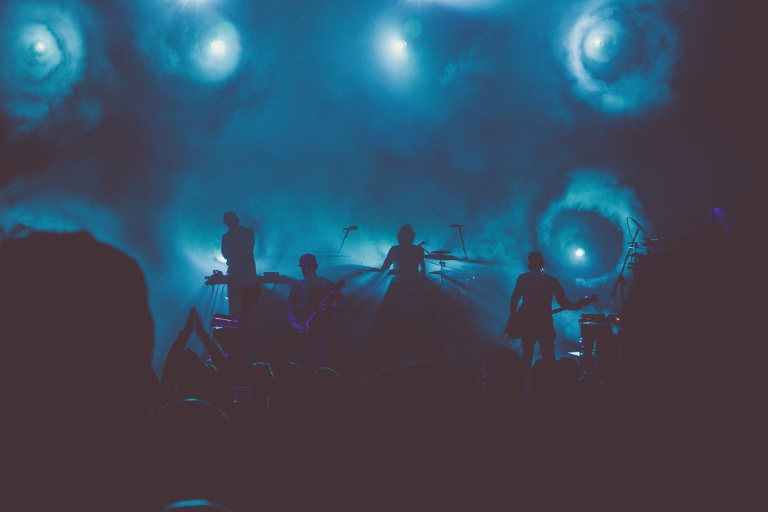Music is more than just entertainment—it is a reflection of identity, culture, and emotion. From childhood lullabies to songs that define generations, music plays a central role in shaping how we see ourselves and connect with the world around us. In today’s diverse and interconnected world, music has become a powerful tool for self-expression, cultural storytelling, and social connection.
Music as Personal Expression
Each person’s music taste tells a story. Whether you gravitate toward soulful ballads, heavy metal, electronic beats, or acoustic folk, your preferences reflect your experiences, emotions, and personality. Music provides a safe space to explore feelings—joy, grief, love, or nostalgia—without needing words. For many, certain songs become soundtracks for specific moments in life, making memories inseparable from the melodies we hear.
Listeners also use music to express themselves publicly. Sharing playlists on social media, attending concerts, or even quoting lyrics online are ways to communicate identity and connect with like-minded people. In this sense, music is not just an art form—it’s a personal statement.
Cultural Identity Through Sound
Music is deeply tied to culture. Traditional songs, regional rhythms, and local instruments carry stories, rituals, and histories passed down through generations. For example, flamenco in Spain, reggae in Jamaica, or classical Indian ragas do more than entertain—they preserve culture. Listening to these forms connects people to their heritage, even across continents.
Globalization has created an interesting dynamic: cultural blending. Artists are increasingly mixing genres and traditions, creating hybrid sounds that reflect the world’s interconnectedness. Afrobeat with electronic music, Latin rhythms in hip-hop, or K-pop fusions are just a few examples. These cross-cultural collaborations expand horizons while still honoring original traditions.
Music as a Community Connector
Music brings people together like few other things can. Festivals, concerts, and local jam sessions foster a sense of belonging. Fans gather to celebrate shared passion, creating a temporary community united by sound. Online communities also serve this purpose, with fan pages, streaming playlists, and virtual concerts connecting people worldwide.
Social movements often harness music as a unifying force. Songs can raise awareness, inspire action, or provide comfort during challenging times. From civil rights anthems to protest music, the emotional and cultural power of music can amplify voices and create meaningful change.
The Psychology of Music
Music is deeply intertwined with how our brains process emotion. Neuroscience shows that listening to music triggers dopamine, the brain’s “feel-good” chemical. It can improve mood, reduce stress, and even enhance cognitive abilities like memory and focus. For many, music is therapy—an accessible way to regulate emotion, cope with life’s pressures, and foster mental well-being.
Even subtle aspects, like tempo, rhythm, and key, influence emotional response. A fast, upbeat song can energize, while a slow, melancholic tune can encourage reflection. This connection between sound and psychology explains why music is so integral to identity—it affects how we think, feel, and act in the world.
Technology and Music Identity
Digital platforms have revolutionized how we interact with music. Streaming services, personalized recommendations, and social media have expanded access to global sounds, allowing people to explore new genres and discover artists beyond geographic or cultural boundaries.
Technology also empowers creators. Independent artists can reach audiences worldwide, express unique perspectives, and build communities around their music. Fans, in turn, can explore identities through diverse soundscapes, from underground hip-hop to classical crossovers. Music is no longer passive consumption; it is active engagement and participation in cultural narratives.
Music and the Future of Identity
As technology and culture continue to evolve, music’s role in shaping identity will only grow. Virtual reality concerts, AI-assisted music creation, and interactive experiences are transforming how people consume and relate to music. Yet, at its core, music will remain a deeply personal and cultural force—an art form that reflects who we are, where we come from, and how we connect with the world.
Music is timeless, but its influence on personal and cultural identity is ever-changing. Every song we listen to, every artist we follow, and every playlist we curate contributes to our story. In a world filled with noise, music gives us clarity, emotion, and connection. It’s not just sound—it’s identity.



